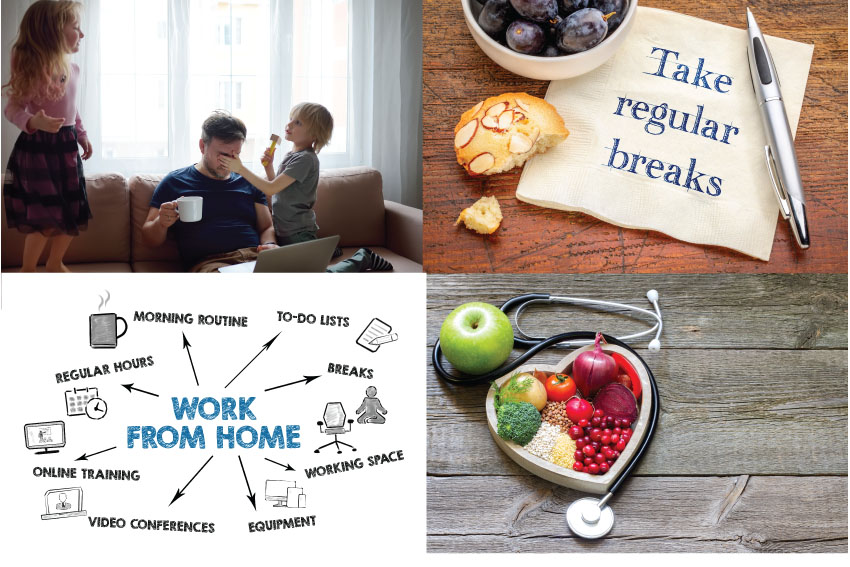
While working from home comes with many benefits, maintaining optimal wellness while working from home can prove to be a challenge.
Working from home, especially for long periods of time, can have a range of negative effects on both your physical and mental health.
In this article, we’ll delve into what some of the negative effects of working from home are as well as valuable top tips on how to combat these problems.
More...
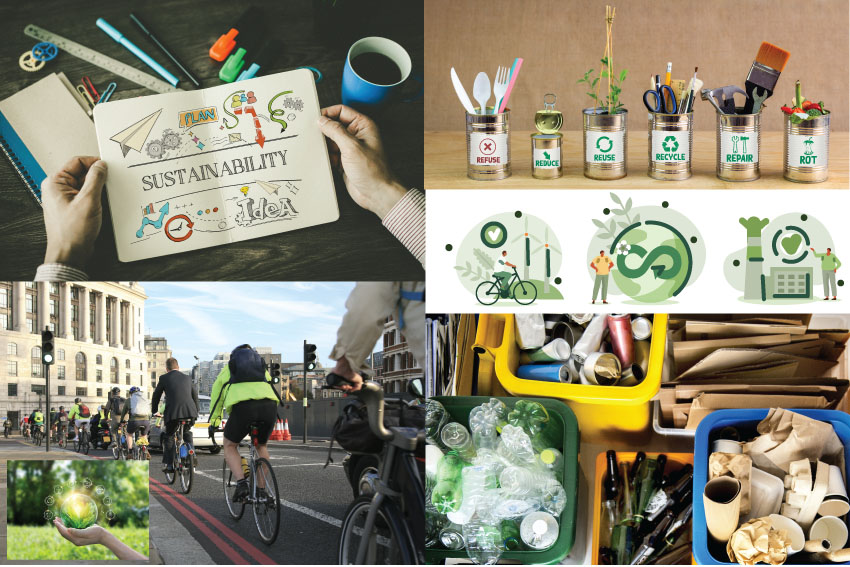
In the modern world, sustainability has become an increasingly important element of running a respectful business. It attracts customers and employees while also building credibility for your brand. Sustainability within your business proves that you don’t just care about your Return on Investment (ROI), but that there are wider, global issues you want to face, too.
In 2023, however, many corporations are finding that sustainability must take a back seat while they tackle the cost-of-living crisis. How does a decision like this one affect a business, and what can we expect moving forward?
More...
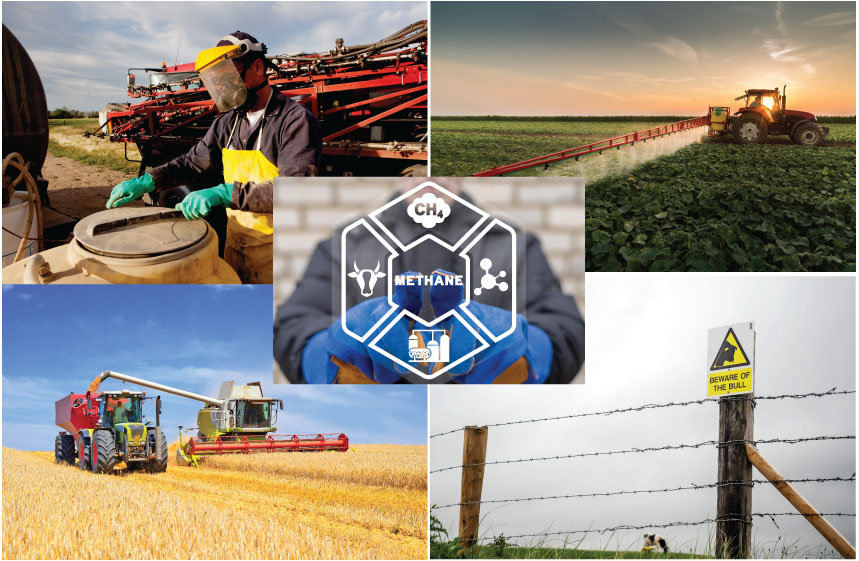
Injuries related to vehicles are the number one cause of accidents on farms, with hundreds injured in the last five years. In fact, vehicle-related incidents account for almost a third (30%) of agricultural fatalities in that time.
So, why are the fatality rates so high in agricultural work, and what can be done to lower them?
More...
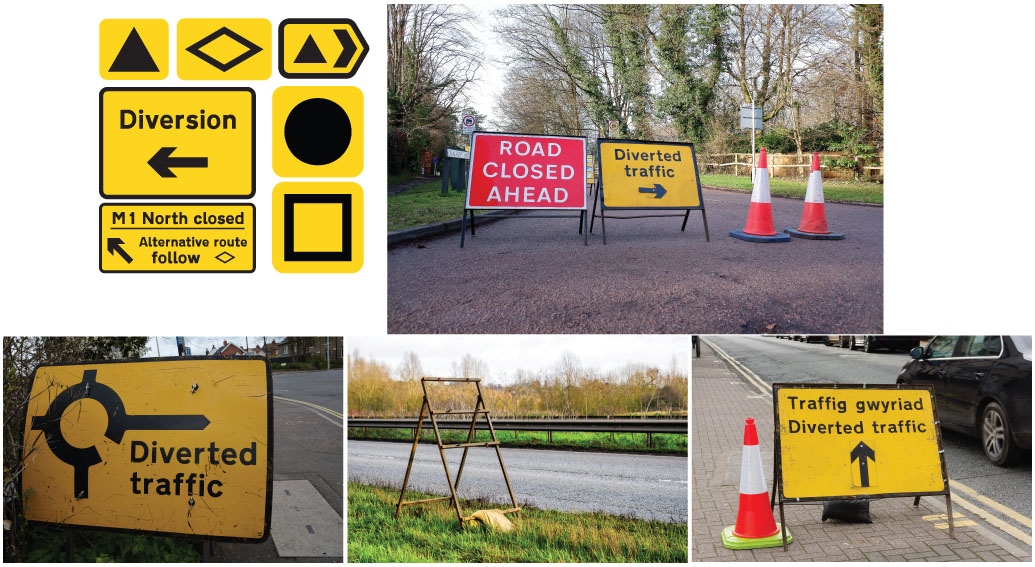
Motorways are heavily utilised by long-distance traffic, and often there are numerous drivers passing through who are unfamiliar with the area. While this is typically not an issue, it can pose challenges when a motorway unexpectedly closes.
That's where emergency diversion routes come into play. These routes are designed to guide motorists back onto the motorway at the next junction, even if they have no knowledge of the local area. They are readily available for use and exist throughout the country, providing diversion options for any segment of motorway that may need to be closed.
So, what do these signs look like and how do they work? Read on to find out.
More...
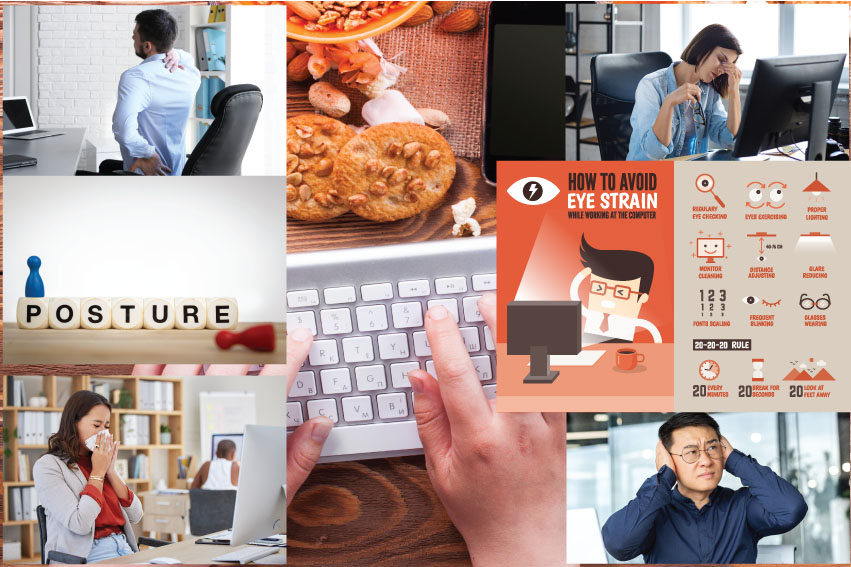
When your employees dedicate one-third (or more) of their day to work, whether it's sitting in front of a computer, working on a production line, or at a construction site, they may be exposed to health risks. Even seemingly innocuous work situations, such as sitting at a desk, can lead to serious chronic health issues over time.
While each job and industry has unique circumstances, there are common health risks that every employer should be aware of.
More...